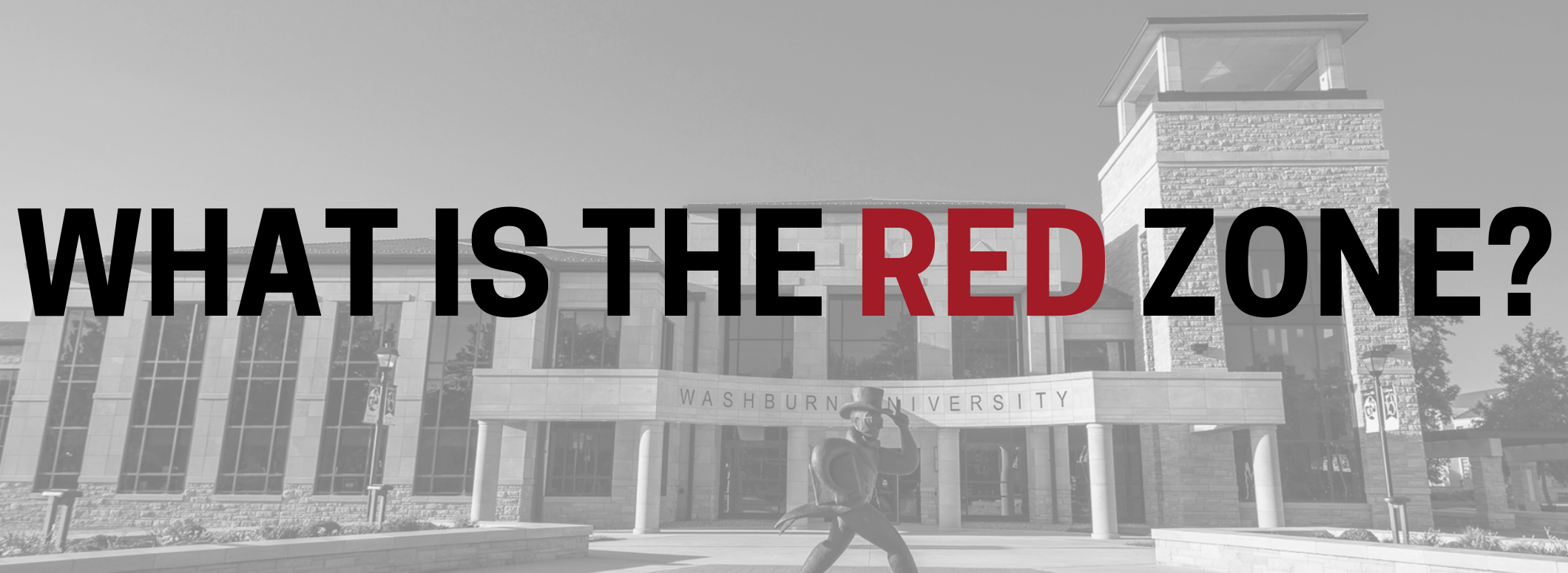YWCA Welcomes Back Washburn Students with Support and Resources
CONTENT WARNING
The following content includes information on sexual violence and campus sexual assault, which may be triggering for some readers. Please take care of yourself as you read and engage in this information. For immediate assistance, please contact the National Sexual Assault Hotline (RAINN) at 800.656.HOPE (4673). With school back in session, YWCA Northeast Kansas wants to welcome Washburn University students back to campus with the support and resources to empower students to have the best year yet! The first semester of college is an exciting time, filled with endless opportunities for learning, growth, new relationships, and increased independence. However, occurring among all of this newness is the prevalence of sexual assault that impacts college campuses across the nation. YWCA is honored to serve the greater Topeka community, including Washburn University. We are here for you – with support and resources to help you in times of crisis. If you or someone you know has experienced sexual violence, assault, rape – or is unsure about a situation – you can call our FREE and CONFIDENTIAL 24-hour helpline at 1.888.822.2983.
WHAT IS SEXUAL ASSAULT?
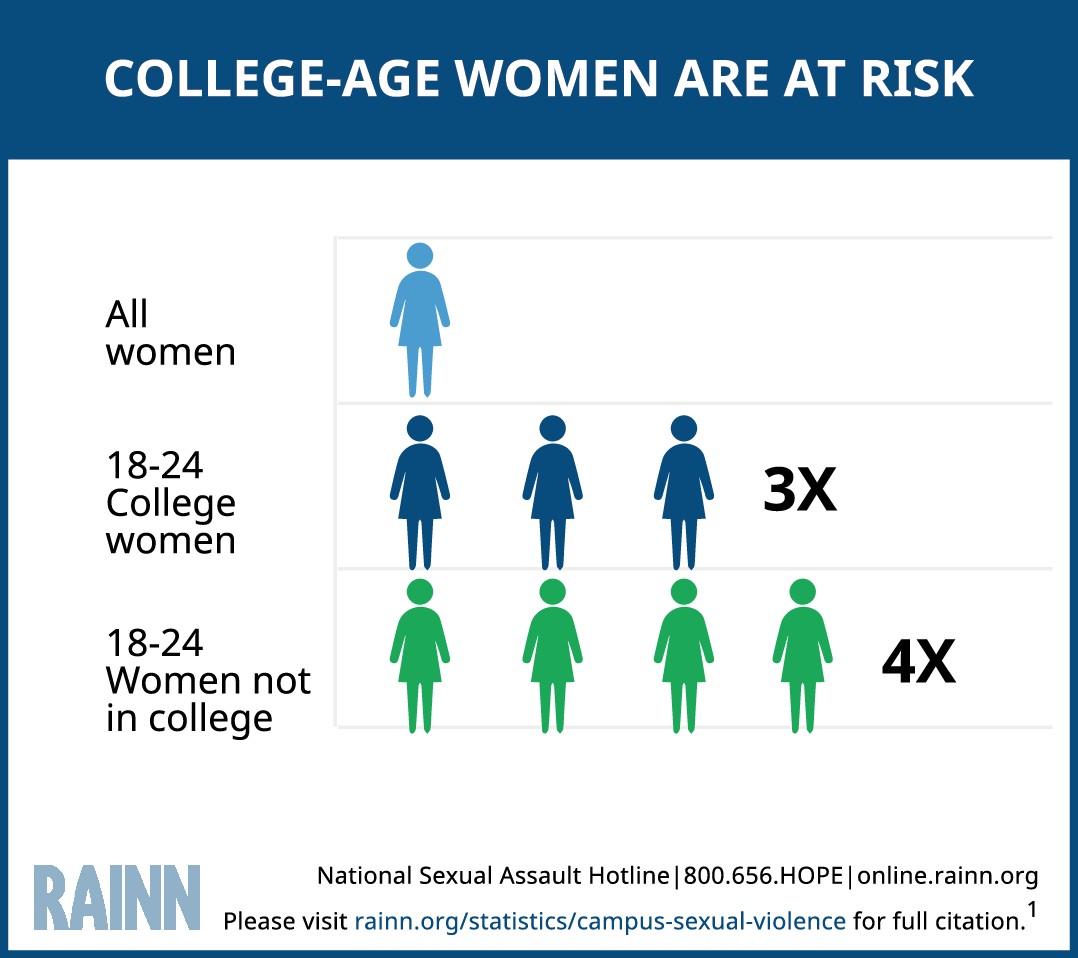 Sexual assault refers to any sexual contact or behavior that occurs without full and explicit consent of all people involved. This can include the use of force, coercion, intimidation, manipulation or through the use of a person’s mental or physical incapacity, including incapacitation caused by the use of alcohol and/or drugs. It is important to understand, first and foremost, that sexual assault is never the victim’s/survivor’s fault. Additionally, sexual assault covers a wide range of unwanted behaviors. Here are some commonly asked questions that might be helpful:
Sexual assault refers to any sexual contact or behavior that occurs without full and explicit consent of all people involved. This can include the use of force, coercion, intimidation, manipulation or through the use of a person’s mental or physical incapacity, including incapacitation caused by the use of alcohol and/or drugs. It is important to understand, first and foremost, that sexual assault is never the victim’s/survivor’s fault. Additionally, sexual assault covers a wide range of unwanted behaviors. Here are some commonly asked questions that might be helpful:
- What is rape? Rape is a type of sexual assault that involves sexual intercourse, including oral penetration, that is against a person’s will. This can include using force, threats, coercion, manipulation or intimidation; sexual intercourse with someone who is mentally incapacitated by drugs, alcohol or an intellectual or developmental disability; sexual intercourse with someone who is physically unable to consent, such as passed out, asleep or has a physical disability; or sexual intercourse with someone under the legal age of consent, which in Kansas is 16-year- old.
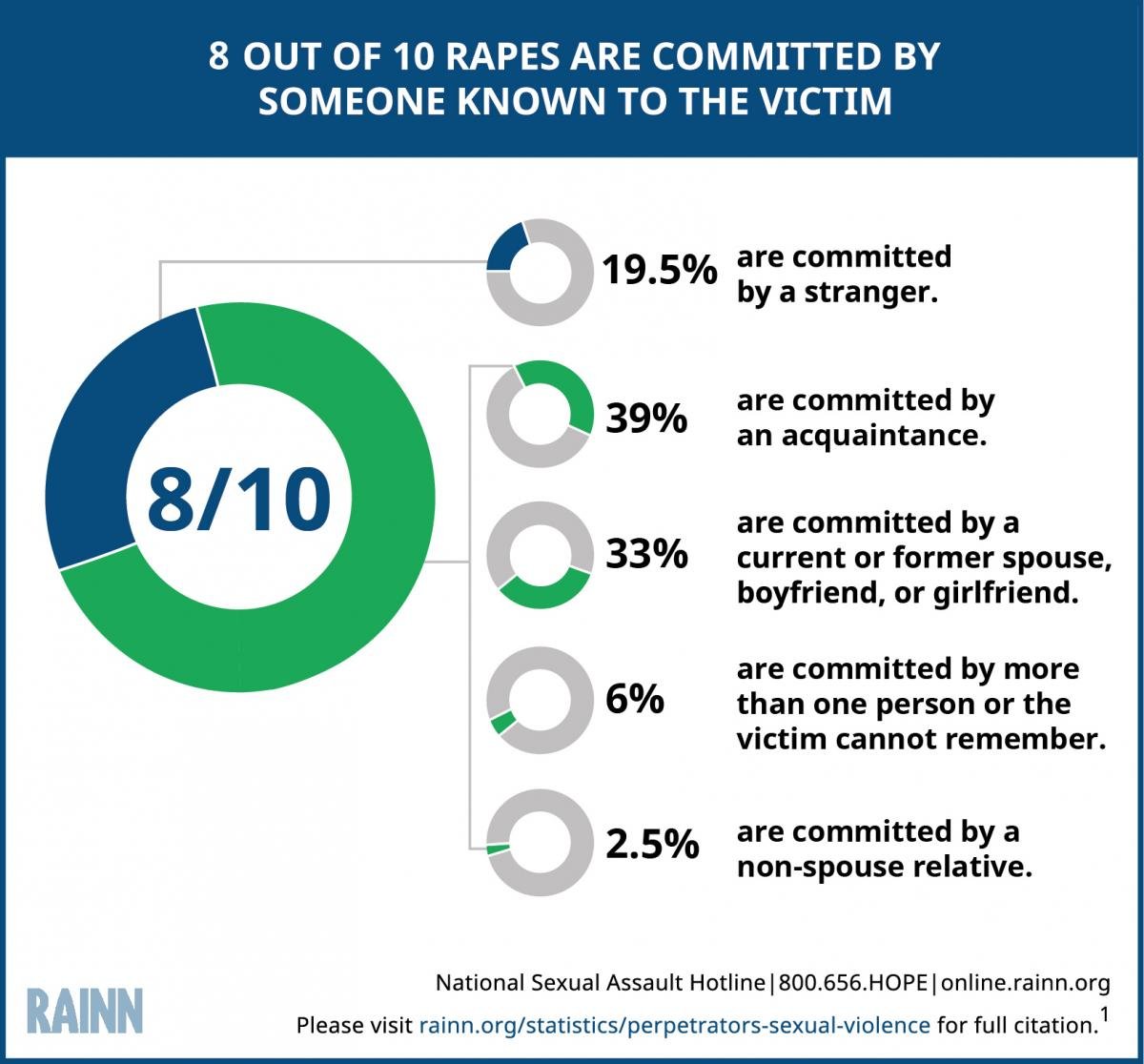
- Who are the perpetrators of sexual assault? Believe it or not, a majority of survivors know their perpetrator. It could be an intimate partner, a relative, a friend, an acquaintance or a stranger. (RAINN)
- How do I know if I have experienced sexual assault? All adults involved in any sexual activity, including virtual activity, must give full consent. Sexual activity without consent, or involving a minor, is always a crime. If you are unsure, or feel that you experienced sexual assault, you can call the National Sexual Assault Hotline (RAINN) at 800.656.4673. In the Shawnee county area, there are Center for Safety and Empowerment advocates available 24/7 via the FREE and CONFIDENTIAL helpline: 888.822.2983.
- What counts as full and explicit consent? Consent is freely given, reversible, informed, enthusiastic, sober, and specific. All adults choosing to engage in sexual activity should give clear consent through verbal communication and participate in ongoing discussions with sexual partners about boundaries and activities each person is comfortable with. Consent can also be withdrawn or changed at any time during sexual activity. Consent cannot be given by minors under the age of 16, by someone who is intoxicated or otherwise being forced or pressured – which includes both physical and emotional coercion or when there is an uneven power dynamic, such as between a student and an instructor or professor. (RAINN)
Every year on college campuses, 50 percent of reported sexual assaults occur in the first several weeks of the new school year, from mid-August to Thanksgiving break in November. This time period is called the "Red Zone” because college-aged students are at higher risk of experiencing sexual violence and sexual assault, especially women aged 18-24. First year and transfer students are especially at risk. This trend is expected to be heightened for the 2021-2022 school year, since this is the first year “on campus” for many students, including upperclassmen, due to the COVID-19 pandemic. Sexual assault advocates and experts are referring to this as the “Double Red Zone” and are expecting even higher rates of campus sexual assault. Some contributing factors to the “Red Zone” include psychological pressure, alcohol use and general unfamiliarity with new surroundings. However, we know that the cause of sexual violence is always the person doing the harm. A survivor’s socialization or substance use should never minimize, invalidate or devalue cases of campus sexual violence. Even outside of the “Red Zone,” college-aged adults are at a higher risk for sexual violence than the general population. According to a 2019 study by the Association of American Universities, 26.4 percent of undergraduate women and 6.9 percent of undergraduate men experienced sexual assault. According to RAINN, male college-aged students are 78% more likely than non-students of the same age to be a victim of rape or sexual assault. Additionally, 23 percent of transgender, genderqueer, and nonconforming college students experienced sexual assault.
WHAT DO I DO IF I NEED HELP OR HAVE A QUESTION ABOUT A PAST EXPERIENCE?
First and foremost: You are not alone. You are not at fault. Your experiences are valid. There are people both on and off campus who are ready to help you.
Washburn University Campus Police
To seek urgent assistance, report a crime or speak to a law enforcement officer on campus, call 785.670.1153. The Washburn University Police Department (WUPD) is located inside Morgan Hall and is staffed 24 hours a day, every day of the year. If you are in immediate danger, call 911.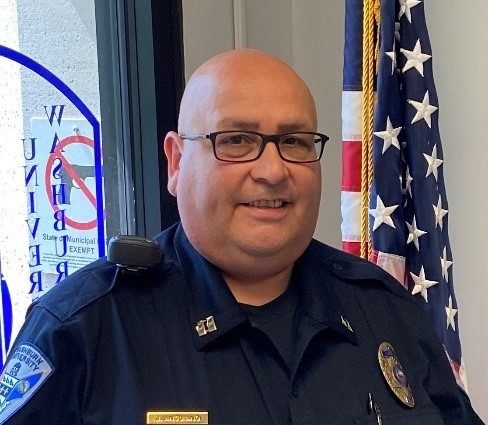
"Assisting a survivor with resources and personal attention in order to empower and overcome obstacles they will encounter is one of the reasons I collaborate and work with others and promote campus safety and awareness. It takes all of us to do our part to help educate and provide resources to prevent occurrences of sexual assault in our community. Let’s all pledge to become bystanders and assist a person that may be in a situation that they need assistance.” -Captain James Anguiano, Washburn University Police Department.
Washburn University Campus Advocate
The Washburn University Campus Advocate offers confidential victim advocacy and case management to students, faculty, and staff in the Washburn community. You do not need to be the victim of a crime to receive case management services from the Campus Advocate, Molly Steffes-Herman.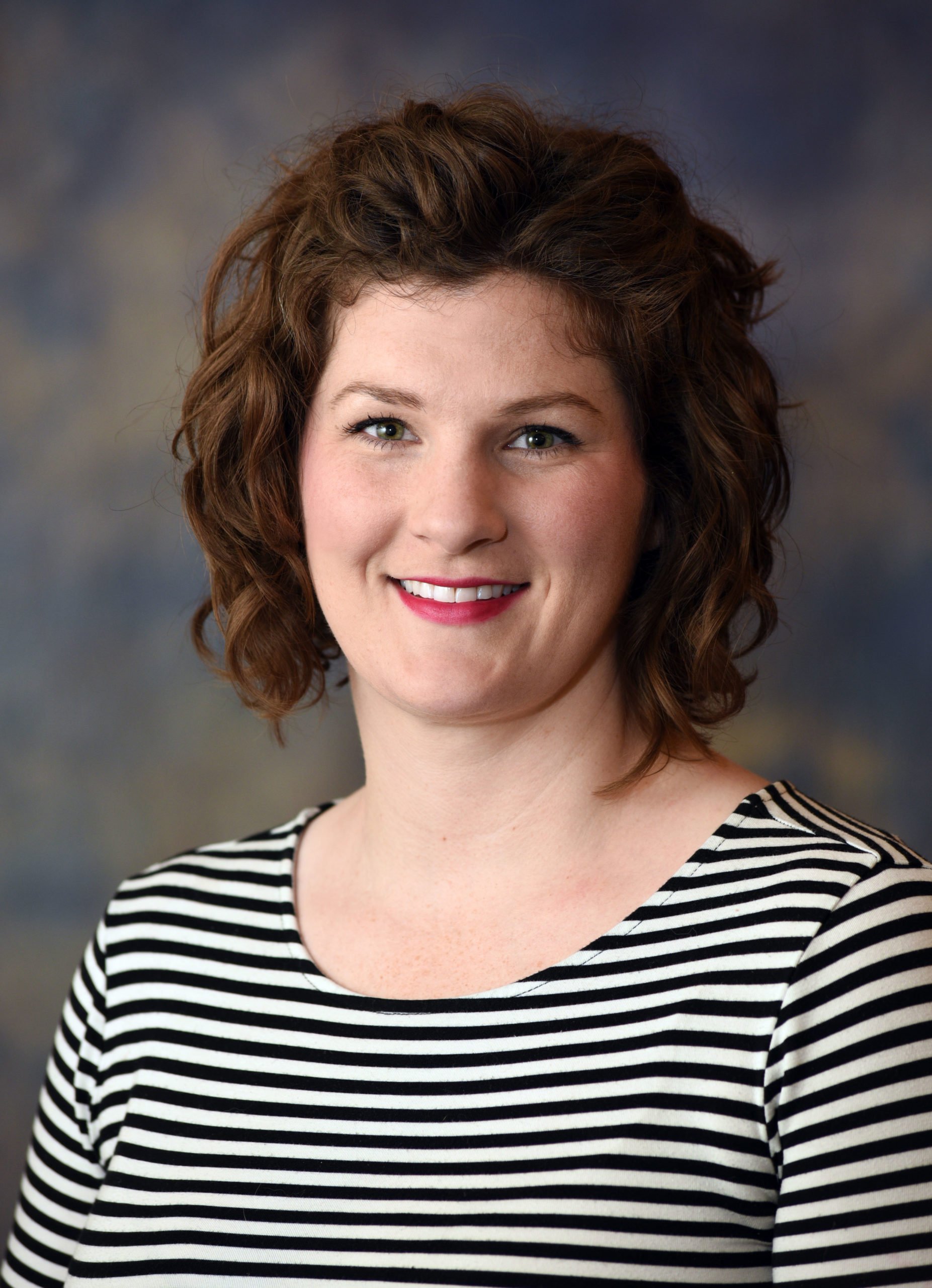
“College is a time where students have the opportunity to explore the world and seek out opportunities that set them off on their life’s course. Sexual assault has such a negative impact on a victim's/survivor's life and impedes their ability to experience every positive and rewarding experience college has to offer. I want each and every student to have an amazing experience at Washburn, which includes being safe from sexual violence.” -Molly Steffes-Herman, MSW, CA, Campus Advocate
YWCA Northeast Kansas Center for Safety and Empowerment
If you prefer to seek assistance off campus for any reason, advocates at the Center for Safety and Empowerment are available 24/7. YWCA provides free and confidential services to victims/survivors of domestic and sexual violence, stalking, and human trafficking in Shawnee, Jackson, Wabaunsee, and Brown Counties in Kansas. In addition to providing support and direct services, we offer free trainings and presentations to student and staff groups, such as residential advisors and student leaders. 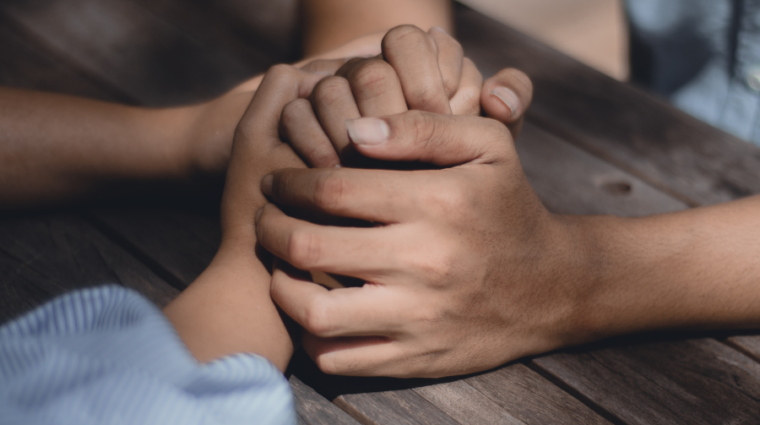
“I feel very safe here, and given everything I have been through that means more to me than you will ever know!” “After receiving counseling services, I felt unconditional, positive support which has made it easier for me to reach out during a difficult and scary time.” -Survivors
We are wishing all of our Washburn University neighbors a wonderful and safe year!

